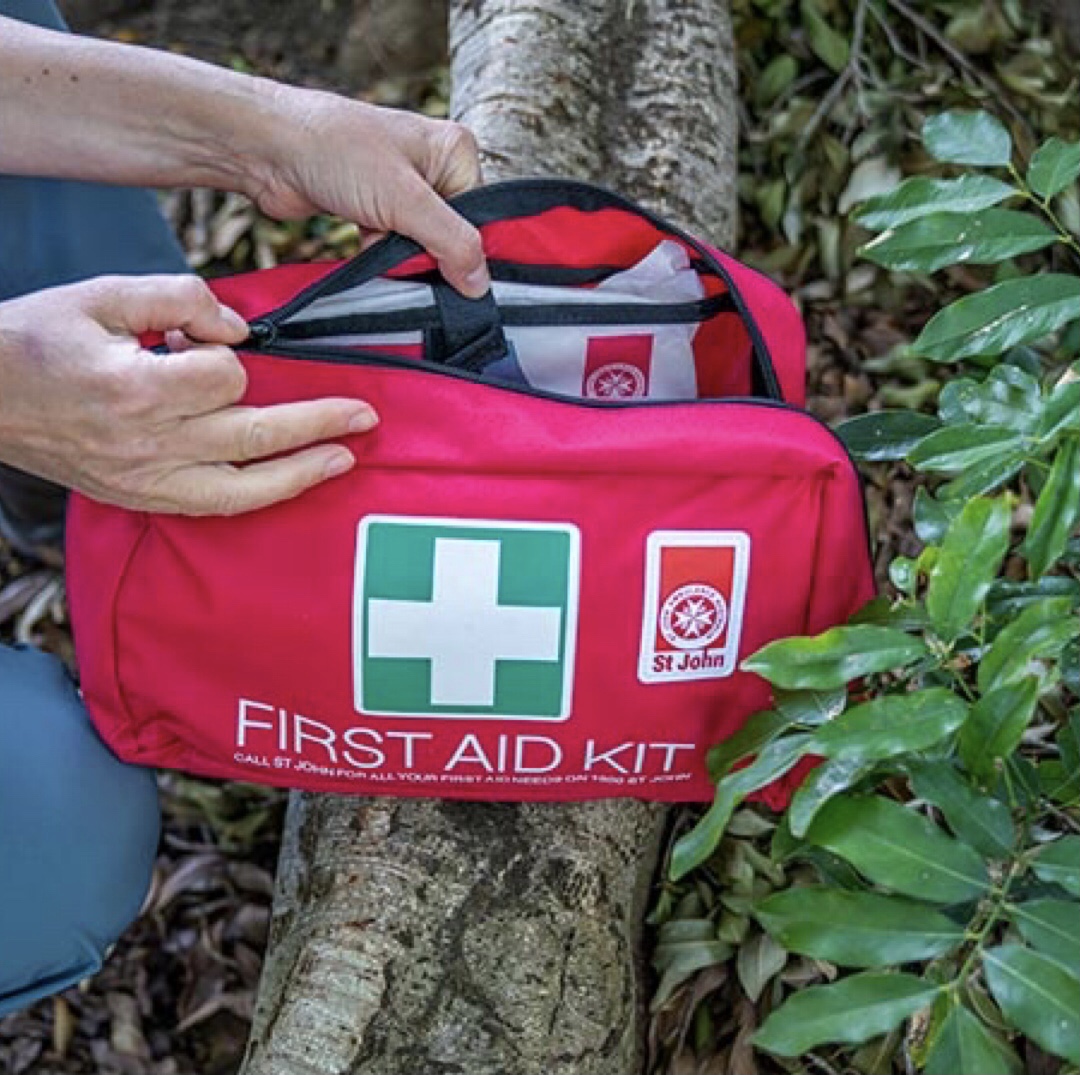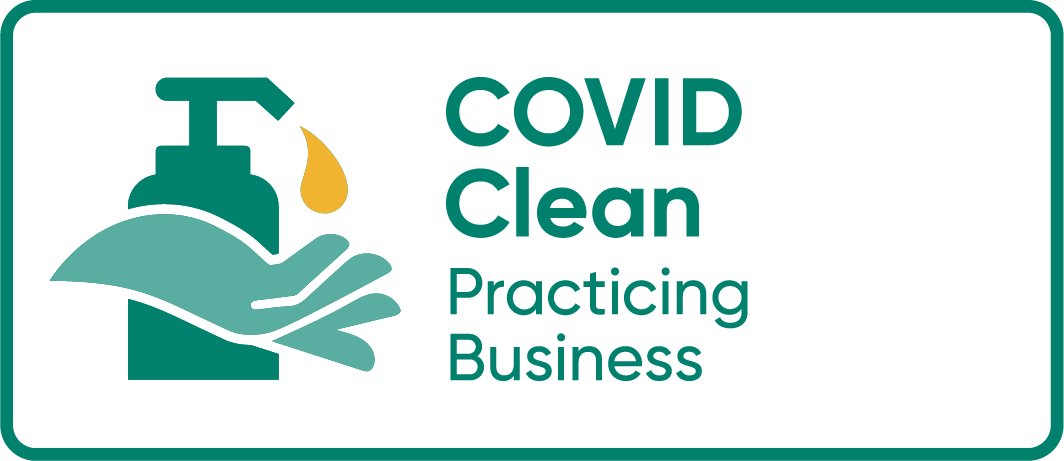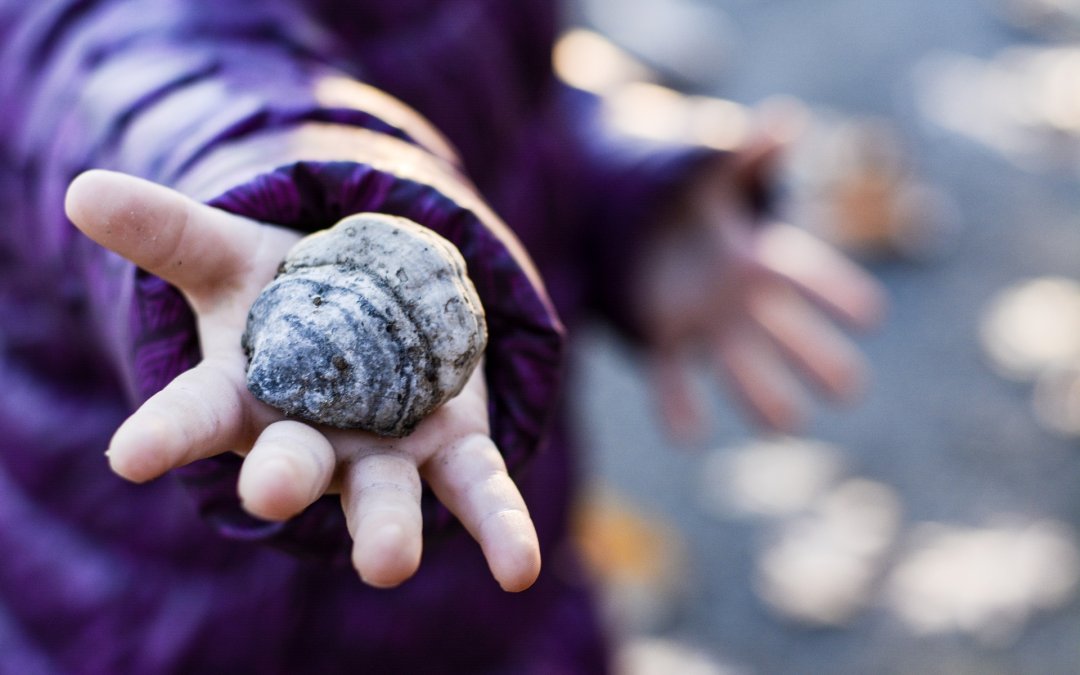15 TIPS FOR TEACHERS ON CAMP
Whether you’re a seasoned camper or it’s your first time, here are some tips to make your trip a little easier. By all means, this isn’t a complete list but covers the most common tips. In addition, there are links at the bottom of this post to further resources.
SO LET’S BEGIN …..
-
-
- Prior planning is essential. Check weather conditions, have a list of medical forms and first aid kits, check bus arrival and departure times and know your group
- Set clear boundaries with your group from the beginning and role model the behaviour you want to see. Establish your expectations on behaviour, manners, courtesy, respect and care of others. Perhaps use your school motto as the foundation of the camp. Depending on the age of the students, they may be able to work collaboratively to help set the scope of their behaviour for their stay.
- Have a nominated first aid person. Collate medical forms from the school and ensure they go with each group. Check your first aid kit so it has everything you need. Equally important are student epipens. Make sure you know where the local medical centre and hospitals are including their phone numbers. In the event of an incident or medical action, complete appropriate documentation to record events.
- If students (or staff) have any specific dietary requirements, make sure they are sent to the camp at least 14 days prior to arrival. Camps prepare menus and order food well in advance. If they haven’t received accurate dietary needs, they may not be able to provide the correct food.
- Everyone should have at least 1, one litre of water. Whether you’re on site or away somewhere else, make sure you have access to water to top up the bottles. Converseley, kids often don’t feel thirsty, especially when around the beach or rivers. Encourage them to drink small amounts regularly. By the time they are thirsty it’s too late and they are dehydrated.
- Food and kids! Encourage students to take fruit and snacks with them, especially if away from the site. Hungry kids = grumpy kids. Muffins, slices, cut up fruit, dried fruit are all good to fill the whole.
- Slip, Slop, Slap which has now broadened to Seek and Slide. Before going outdoors, encourage students to put on their sunscreen, put on their hat and if they have sunglasses, to put them on as well. Doesn’t matter what time of year it is, these 5 tips are essential.
- Everyone should wear comfortable close toed shoes, especially for activities such as canoeing or climbing. The shoes may get wet, so old, well-worn ones are best. Rather than bring newer shoes, it still sensible to have shoes that won’t give you blisters. Equally important are thongs which are useful for showering. Remember – function over fashion. Don’t bring your good shoes!

- Be flexible. It’s not a classroom anymore, well at least not an indoor one. Be prepared to adjust and tweak each day to maximise learning but also to support those that may need that little bit extra being outside their comfort zone.
- Help students when undertaking duty group tasks or cleaning dishes or packing their gear. Additionally, don’t assume they’ll know what to do. Get in there and work alongside them. You’ll be amazed what they talk about and share with you.
- Count off! Print out a list, allocate a number to each student – whatever you find useful to know that everyone is where they need to be. Even have them ‘buddy up’ if that’s helpful.
- With an itinerary that is jam-packed with activities and adventure, it’s sometimes easy to forget the aims and key learning objectives of the camp. Stop occasionally and check in with yourself that you’re on the right track.
- You may be required to run an activity that you haven’t seen before. Get ahead of it and speak to the camp staff or do some research. That way the activity will be successful and the learnings transferred back to the students.
- Bring emergency activities for those days when its wet or cold or its night time and you’d like the students to wind down. Board games, card games, charades, celebrity heads and more.
- Overall, don’t forget to have fun. As students grow older some of their fondest memories are those on camp. And the learnings will stay with them for life. Take lots of photos, videos and even make mementoes to remind them of the time away from family and enveloped with their school friends and teachers.
-
We hope you enjoyed 15 Tips for Teachers on Camp.
For updated information from the Department of Education on camps and excursions – click here.
In conclusion, for more teacher resources – click here.
Current Offers
Check back regularly for offers and discounts for each of our sites.







Recent Comments